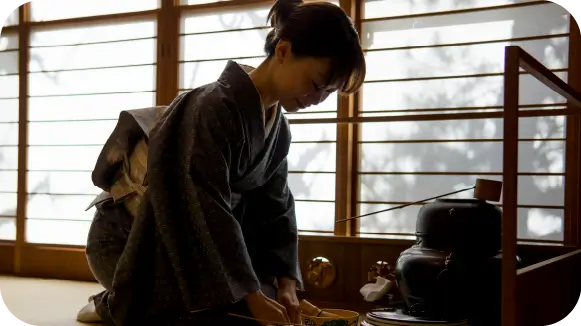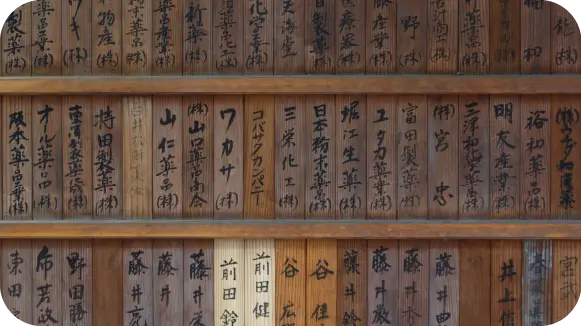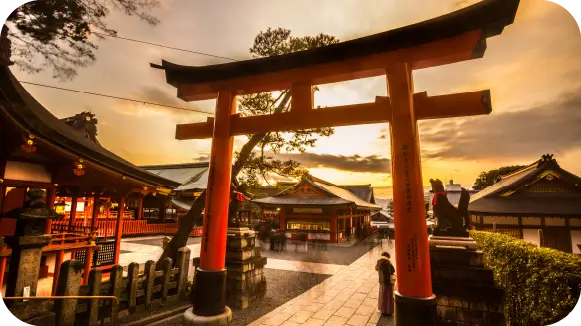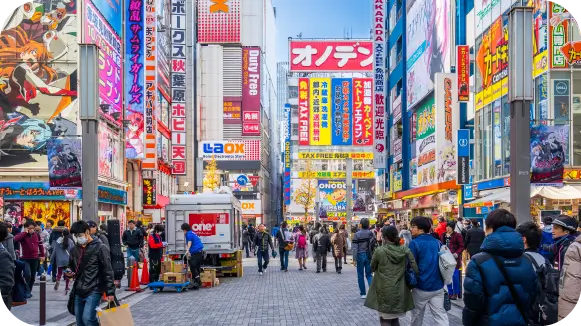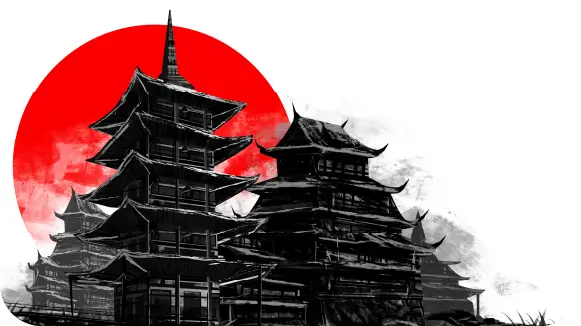
Stepping into Japan is like unfolding a rich tapestry of history, with each thread narrating a tale as old as time. For centuries, this island nation has evolved, from the ancient Yamato period marked by its earliest recorded history, to the Nara and Heian periods which saw the flourishing of culture, the arts, and the establishment of its first capital in Nara.
In the mediaeval ages, samurai warriors and shogunate reigns shaped the land's politics and battles. Feudal lords ruled territories with castles dotting the landscape, some of which stand tall to this day, beckoning travellers to experience their majesty. The Edo period followed a time of peace, isolation from the Western world, and the booming of urban culture in Edo (modern-day Tokyo).
Modern Japan emerged after the Meiji Restoration, as it raced towards technological advancement, yet holding firm to its traditions. A journey through Japan is not just travelling; it's a leap through time, an invitation to witness a unique blend of the ancient and contemporary, waiting to be discovered by the curious traveller.

